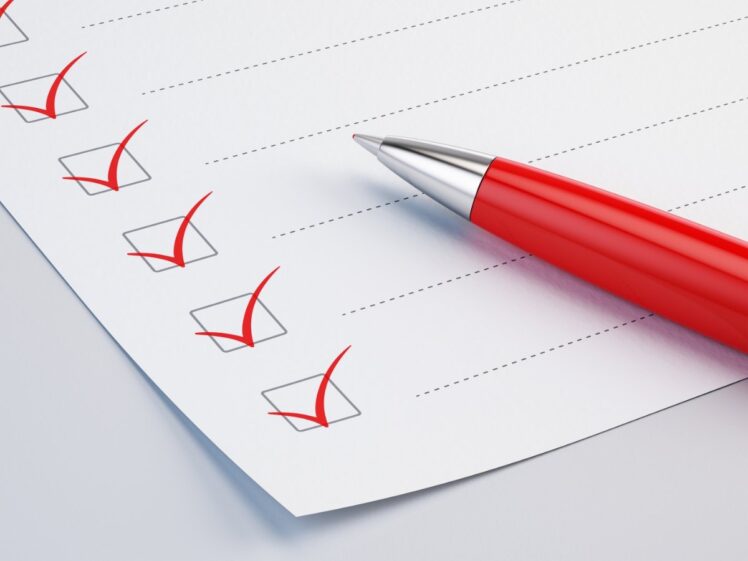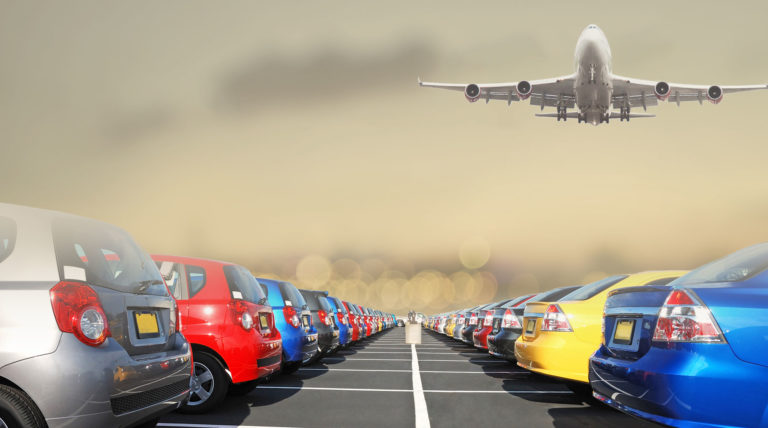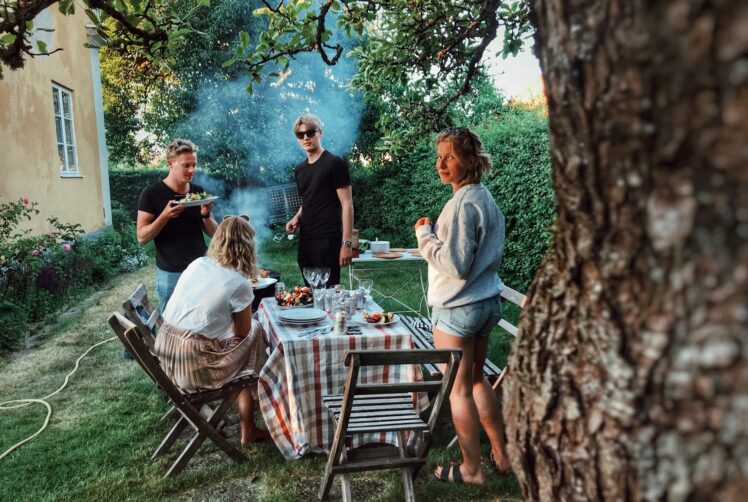For some people, a road trip is a once-in-a-lifetime adventure, something you have had on your bucket list for years. It is exciting and full of sights and landmarks along the way. Whether you are planning on a short or long road trip, the best way to save money is to plan ahead and not overload yourself too much, be realistic about what you can achieve. That said, I also understand that planning ahead can be difficult when you’re just itching to get out there and explore new places. If you want to enjoy your vacation without spending every dime in your bank account, here are my tips for ensuring your next road trip is as affordable as possible.
Contents
Make a list of your priorities
First, pick the destinations and points of interest you want to take in. Then make a list of your priorities. Next, be realistic about what you can afford. This includes the cost of your trip and any unexpected expenses that might arise: food, gas, hotels and even emergencies like medical care or car repairs.

Source: medium.com
Stick to a budget
Sticking to a budget is the key to ensuring you don’t overspend on your road trip. It’s easy to get carried away and start spending more than you really want, so it’s essential that you set a budget before you go, stick with it while traveling, and know when it’s time to say “no.”
Here are some tips for setting and sticking to a frugal road-trip budget:
- But, start planning early; begin at least two months before your trip; this will allow enough time for all of the planning details (including finances) to be taken care of before departure day arrives.
- Set aside some money specifically for travel expenses ahead of time (a couple of hundred dollars should do). This will help keep those costs from getting out of hand and allow flexibility if unexpected expenses pop up during travel (such as needing an extra tank of gas).
Finding cheap parking
Map out the areas you want to visit and think about where you can park; finding cheap parking is easy. Here are a few tips:
- Find off-site parking lots. These are often cheaper than on-site lots, and they’re usually close by. If you want to get really fancy, look for lots that offer shuttles or other transportation options.
- Look for airport parking options near the venue you’ll be visiting and/or your hotel if you stay overnight in that city. Again, you’ll save time by not driving around looking for an open spot.
- We searched online and were able to find monthly parking in jersey city that was from as little as $150; you could easily base yourself there and head into New York, making it far cheaper.
- Consider park-and-ride services where you can park your car on the outskirts of a city and shuttle in for the day.
- If none of these tips works out, then at least go with one of those places with security measures in place.

Source: stylemotivation.com
Renting a car may be more cost-effective than driving your own
You might be tempted to drive your own vehicle on a road trip, but the cost of repairs, gas and parking can add up quickly. Renting a car may be more cost-effective than driving your own.
- You won’t have to worry about maintenance: The rental company will take care of all maintenance issues when renting a vehicle.
- You won’t have to pay for fuel: While it’s true that renting a car does require some additional costs beyond just the rental fee itself—for example, there are often mileage charges—the fact remains that these fees are usually cheaper than what people spend on fuel when they’re traveling long distances in their own cars. And if you’re driving an older model or one with high mileage already, any savings from not buying gas could easily offset or even exceed those other charges!
Know when to avoid peak travel time
Avoiding peak travel time is a no-brainer. The best time to drive is late at night when there aren’t many people on the road. The worst time is during rush hour, which usually peaks around 7 AM and 4 PM in most major cities.

Source: learnaboutpoverty.org
Bring your own food
Whilst it may require more preparation, bringing your own food can drastically reduce costs. All you need is a camping stove and a cooler, and you can pre-prepare food to reduce the cooking times. The same principle goes for water; if you buy jugs before you head off, you will always have a supply, and you can easily top up at grocery stores along your route.
Consider camping
Camping is a great way to save money on your trip. If you’re willing to rough it, camping can be cheaper than staying at a hotel. In addition, you can cook your own food, saving money on gas and food.
While camping might sound intimidating, there are many ways that even the most inexperienced traveler can make their first trip go smoothly. You could camp every other night and still give yourself the odd luxury hotel.

Source: unsplash.com
Road trips don’t have to be expensive!
- Renting a car is more affordable than you might think.
- Hostels, motels and camping are great options for those who prefer to sleep outside. There is a great list of motels we found across America.
- Travelling in the off-season or during low tourist times of the year (like January through April) is always cheaper.
- When you’re on a budget, skip the frills like fancy hotels and restaurants—you can make your own meals at home and save money there!
Conclusion
Road trips can be a great way to explore the world and see new places, but they can also be a considerable expense. If you’re on a budget or just looking for ways to save money on your next big adventure, these tips will help you save money on your trip. You can even combine some of them—like renting a car instead of driving yourself, so there isn’t any added cost associated with gas! We hope this guide will help you achieve your road trip of dreams.
